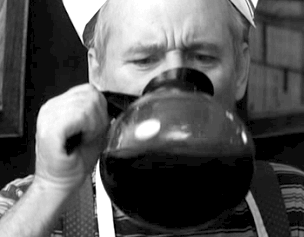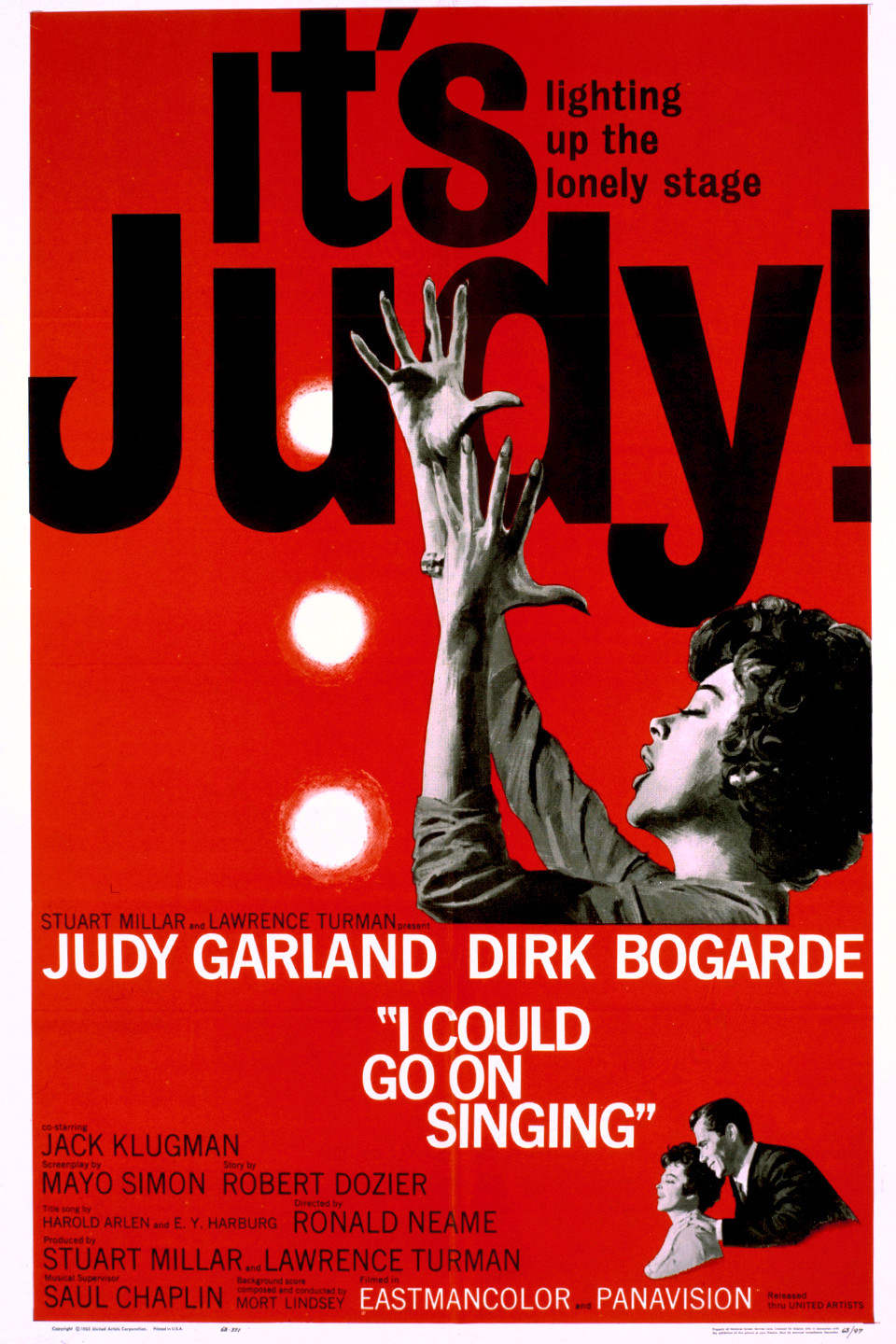Judy by the Numbers: "Together Wherever We Go"
 Wednesday, October 5, 2016 at 10:20AM
Wednesday, October 5, 2016 at 10:20AM Anne Marie has been chronicling Judy Garland's career chronologically through musical numbers...
Episode 3 of The Judy Garland Show (which would eventually air in its eighth week) was an episode of personal importance for Judy. Her oldest daughter, Liza Minnelli, was joining her for a family-themed show. Liza was only 16 at the time, but she'd already begun building an entertainment resume. While in high school (or rather, while skipping high school) Liza appeared on a Gene Kelly TV special, The Jack Paar Program, Talent Scouts, her mother's London Palladium concert, and was in rehearsals for her Off-Broadway debut in Best Foot Forward. However, young Liza somehow found time in her every-busier schedule to put on a family act.
The Show: The Judy Garland Show Episode 3
The Songwriters: Jule Styne (music) and Stephen Sondheim (lyrics)
The Cast: Judy Garland, Liza Minnelli, directed by Bill Hobin
The Story: Two observations stand out watching this clip: 1) These are two talented women who love to perform and 2) These are two talented women who love to perform together. There's something delightfully meta-textual about their decision to sing a song from Broadway's most dysfunctionally overbearing stage mom. As Judy watches Liza, Garland exudes nothing but pride and excitement to share the stage with her daughter. Likewise, teenage Liza - not yet fully confident in her own overwhelming talent - takes her cue from her mother.
Though they're both polished and skilled performers, this song does not come off as a professional production number. Every improvised forehead touch, handhold, or giggle renders a public performance into a personal mother/daughter moment, exposing that vein of reckless vulnerability that made both women incomparable performers. Anyone who grew up in a musical household will recognize this kind of musical intimacy. This is a mother and a daughter goofing off around the piano at home, or belting showtunes in the car on the way to school. Liza and Judy sing together with real affection and private joy. It just happens a TV camera caught it on tape.




